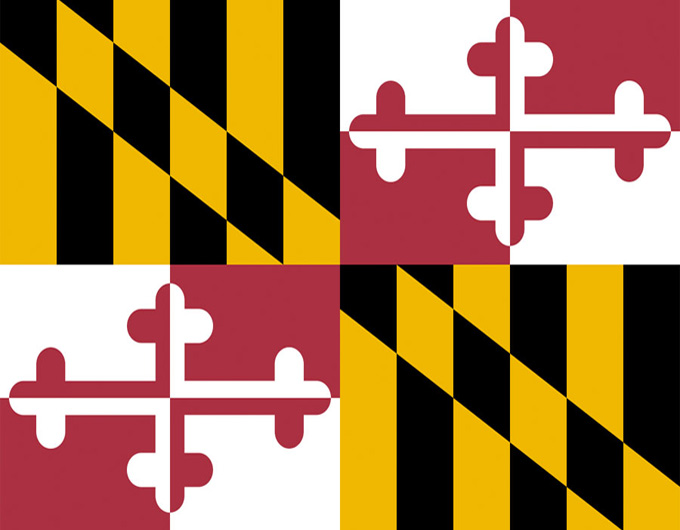REPORT: Families Threatened in Maryland Thanks to Unsound Policy, Political Agendas
Maryland has long been seen by outsiders as a “blue state,” and despite having elected a Republican governor within the last decade, it has largely lived up to its reputation as a Democrat enclave just outside our nation’s capital. A 2-1 registration advantage of Democrats to the GOP, and veto-proof majorities in the House of Delegates and Senate confirm this perception.
But what that illustration fails to realize is that, outside of the Beltway and a few pockets of progressive thinkers, many Marylanders are conservative people, whose roots have been solidly planted in family values since its inception as a state. Whether it’s the Genesis 1 inspired gendered norms of our state motto (“manly deeds, womanly words”), the promise of favor from right acts emanating from Psalm 5 on the Great Seal, or the influence of the Act of Toleration protecting religious conscience rights in the new world – Faith, family, and freedom are core to the identity of Marylanders.
So why have our state’s leaders turned away from that identity, and embraced the secular, humanist agendas of the West Coast and Europe?
A new report called “The State of the Family in Maryland,” released by the Maryland Family Institute, offers some critical insights into these trends, including a wide range of in-depth statistics and analyses, from marriage to divorce, and all policies affecting families and children in between.
Compiled by respected sociologist and Silver Spring native Dr. David J. Ayers, this report plumbs the data to illustrate this truth: marriage matters to Maryland. Whether it’s crime, poverty, or educational decline – all are correlated with the formation (or lack of formation) of families.
Of course, the report will be immediately dismissed by those who, impervious to logic or reason, already believe that families don’t matter. Yet the data is clear: traditional marriage brings significant benefits to society, and should, statistically speaking, be promoted above and before any other modern familial arrangement.
Those in Maryland who can and do think critically about the direction of our state will find a wealth of information and knowledge about both where we presently stand, and where we need to go to right the ship. And I believe, wholeheartedly, after reading through this report and taking constructive action, that we can right the ship.
It isn’t just about public policy, however. It’s also about shaping cultural views towards the importance of the institution of marriage itself. As Dr. Ayers so eloquently points out, we can throw all the money and brain power we want at the problems being faced by unmarried parents and their kids, but if we do not address the flight from marriage itself, our efforts will not be nearly as successful as they otherwise could be.
In the report’s introduction, respected Maryland commentator Delano Squires points out that it’s not enough to just read the data; we must act on it.
Whether you’re a lawmaker, business owner, pastor, teacher, or journalist, I implore all Marylanders of influence to read through this academic report, and impartially consider the merits of its contents. We have critical decisions to make and courageous actions to take. Yes, many of those might be considered unpopular by the standards of our age, but that doesn’t make them wrong.

Jeffrey S. Trimbath is the President of Maryland Family Institute. He has nearly three decades of experience in public policy, leadership, and development at both the state and federal level, and served for over six years in the Bush Administration. Trimbath holds a B.A. from Messiah College (Grantham, PA) and a Master of Divinity from Gordon-Conwell Theological Seminary (South Hamilton, MA).

